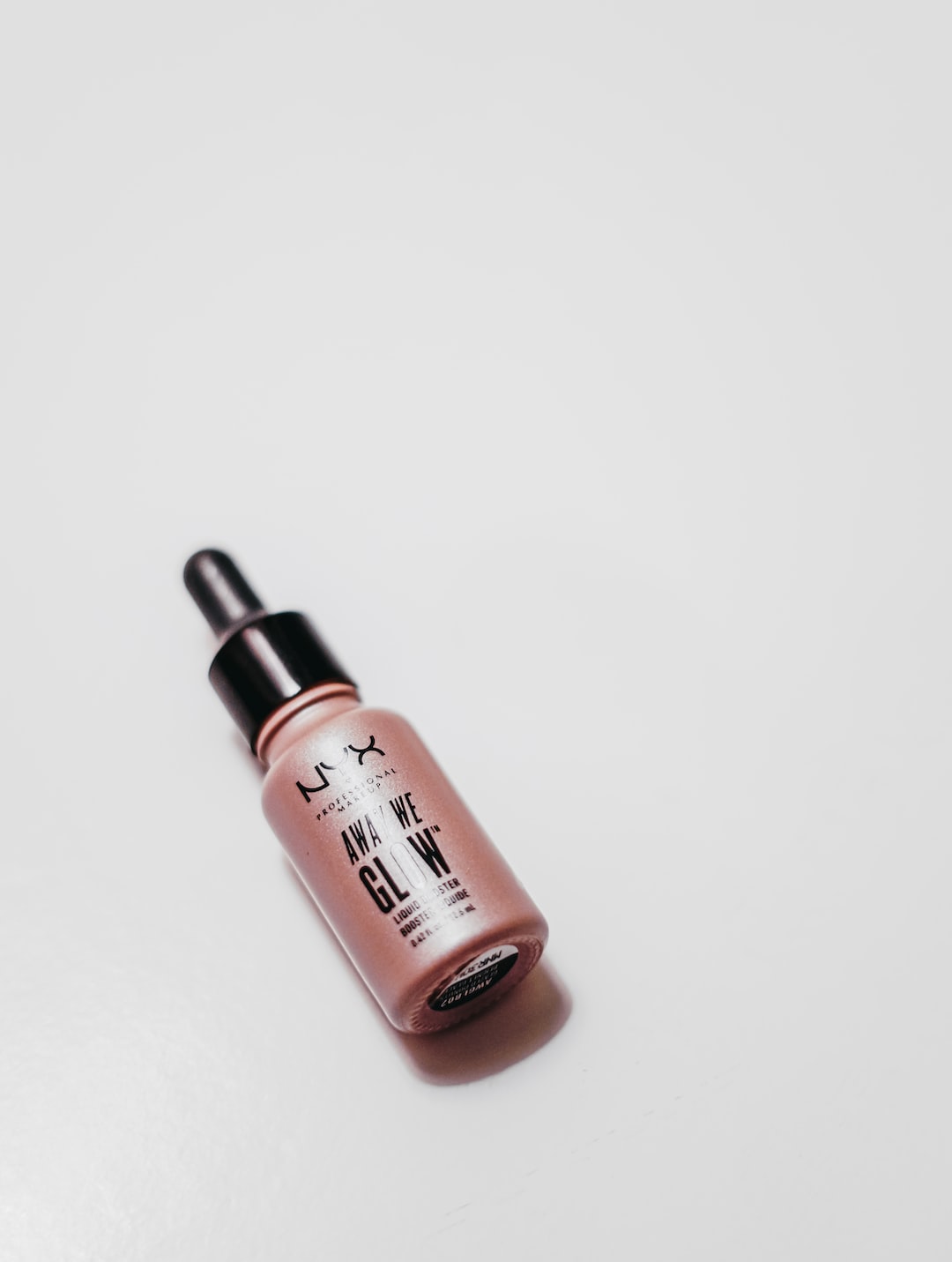Why isn’t my tattoo fading after laser?
Getting a tattoo is a big decision that should be carefully considered, as it is a permanent mark on your skin. However, some people may regret their tattoo and seek ways to remove it. One of the most popular methods of tattoo removal is laser treatment. While laser tattoo removal is effective for many individuals, some may find that their tattoos are not fading as expected. In this article, we will explore some possible reasons why your tattoo may not be fading after laser treatment.
1. Quality and colors of the tattoo ink
The quality and colors of the tattoo ink used can significantly affect how well the tattoo responds to laser treatment. Certain pigments may be more resistant to laser energy, especially darker and vibrant colors like blue, green, and purple. These colors may require more sessions or different laser wavelengths to break down the pigments effectively.
2. Depth of the tattoo
Tattoos that are located deeper in the skin layers may be more challenging to remove. If the tattoo artist went too deep during the initial tattooing process, it can result in the ink being deposited in the deeper dermis layers. Laser energy is more effective in targeting superficial pigments, so deeper tattoos might require more sessions to fade significantly.
3. Professional skill and experience
The skill and experience of the laser technician performing the tattoo removal procedure play a crucial role in its effectiveness. A highly skilled and experienced technician will have a better understanding of how to adjust the laser settings, choose the appropriate laser wavelength, and perform the treatment correctly. Choosing a reputable and well-established clinic with experienced technicians can increase the chances of successful tattoo removal.
4. Skin type and condition

Individuals with certain skin types and conditions may have a more challenging time achieving optimal tattoo removal results. People with darker skin tones may be at a higher risk of hypopigmentation or hyperpigmentation, which can affect the evenness of the tattoo fading. Additionally, skin conditions like scars or keloids near the tattooed area may also impact the effectiveness of laser treatment.
5. Incomplete tattoo removal process
Tattoo removal is not an instant process; it requires multiple sessions spaced several weeks apart. Some tattoos may not fade completely after a single session, and it is essential to complete the recommended number of sessions for the best results. It is normal to experience slow or uneven fading during the various stages of tattoo removal.
While laser tattoo removal is generally effective, there can be several factors that affect how well a tattoo fades. The quality and colors of the ink, depth of the tattoo, professional skill, skin type and condition, and incomplete removal process can all contribute to a tattoo not fading as expected. It is essential to have realistic expectations and consult with a qualified laser technician before undergoing tattoo removal to ensure you fully understand the process and potential outcomes.